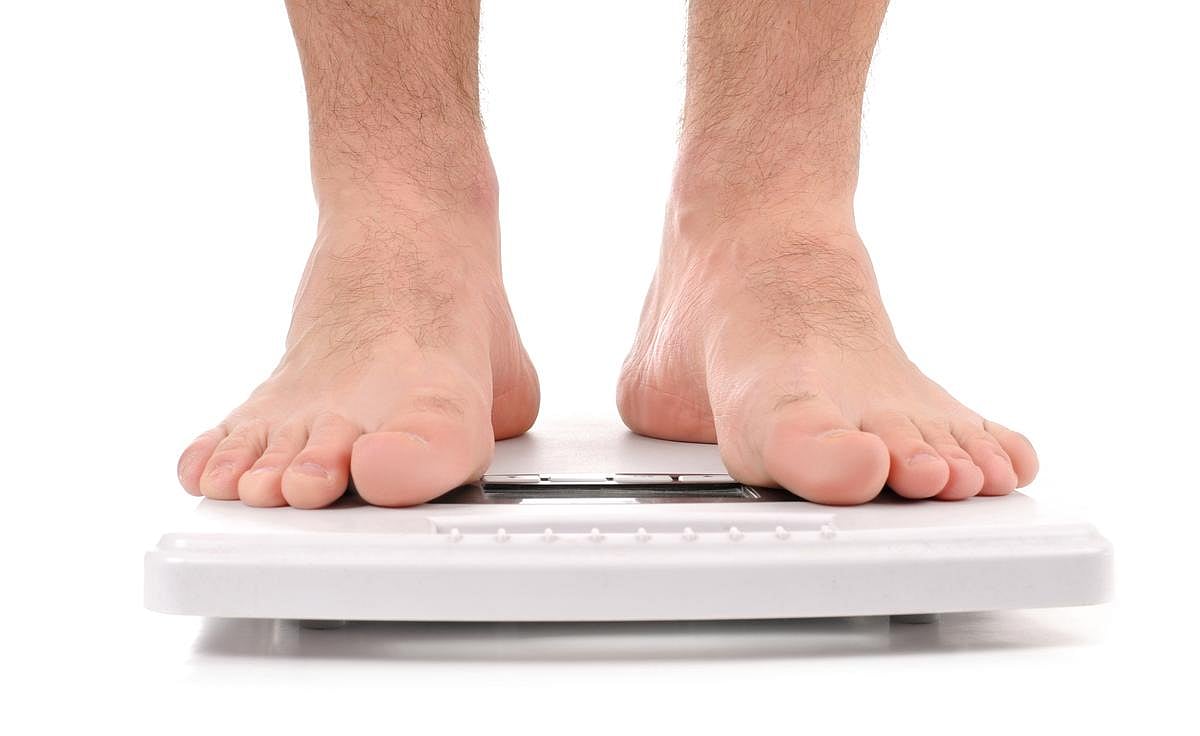Get Healthy!

- Posted August 5, 2025
Good Weight-Loss Diets Avoid Processed Foods, Study Finds
TUESDAY, Aug. 5, 2025 (HealthDay News) — Want to drop some pounds? Drop the ultra-processed foods, a new study says.
People lost twice as much weight on a diet with minimally processed foods compared to one with ultra-processed products, even though both diets were nutritionally matched, researchers reported Aug. 4 in the journal Nature Medicine.
“The global food system at the moment drives diet-related poor health and obesity, particularly because of the wide availability of cheap, unhealthy food,” researcher Chris van Tulleken, an associate professor with the University College London, said in a news release.
“This study highlights the importance of ultra-processing in driving health outcomes in addition to the role of nutrients like fat, salt and sugar,” van Tulleken said.
Ultra-processed foods are made mostly from substances extracted from whole foods, like saturated fats, starches and added sugars.
They also contain a wide variety of additives to make them more tasty, attractive and shelf-stable, including colors, emulsifiers, flavors and stabilizers.
Examples include packaged baked goods, sugary cereals, frozen pizza, instant soups and deli cold cuts.
For this study, researchers recruited 55 adults to take turns eating a diet of minimally processed or ultra-processed eats.
For eight weeks, participants ate minimally processed meals like oatmeal or homemade spaghetti Bolognese.
Then for another eight weeks, they munched on ultra-processed food like breakfast oat bars or ready-to-eat packaged lasagna.
Meals were delivered to the participants’ homes, and they were told to eat as much or as little as they wanted. The people were provided more food than they needed, and not told to limit their intake.
Both types of diets were nutritionally matched in accordance with U.K. guidelines on a healthy, balanced diet, researchers said. They included recommended levels of saturated fat, protein, carbs, salt, fiber and fruits and veggies.
But results show that people lost about 2% of their body weight when eating minimally processed foods, compared with only 1% on the ultra-processed diet.
“Though a 2% reduction may not seem very big, that is only over eight weeks and without people trying to actively reduce their intake,” said lead researcher Samuel Dicken, a research fellow at the University College London Center for Obesity Research.
“If we scaled these results up over the course of a year, we’d expect to see a 13% weight reduction in men and a 9% reduction in women on the minimally processed diet, but only a 4% weight reduction in men and 5% in women after the ultra-processed diet,” Dicken said in a news release. “Over time this would start to become a big difference.”
The observed weight loss corresponded to the average amount of calories people ate on either diet, researchers said.
Participants had a daily 290-calorie deficit on the minimally processed diet, but only a 120-calorie deficit when eating ultra-processed foods. Ultra-processed foods tend to be calorie-dense, so people are more likely to take in more energy even if they eat smaller portions.
People eating a minimally processed diet also had a twofold greater improvement in their overall control over food cravings, compared to when they ate ultra-processed foods, researchers found.
That included a fourfold greater improvement in resisting cravings for savory foods, and a nearly twofold greater improvement in resisting their favorite foods, results show.
“The best advice to people would be to stick as closely to nutritional guidelines as they can by moderating overall energy intake, limiting intake of salt, sugar and saturated fat, and prioritizing high-fiber foods such as fruits, vegetables, pulses and nuts,” senior researcher Dr. Rachel Batterham, an honorary professor with the University College London Center for Obesity Research, said in a news release. (Pulses include beans, lentils, dried peas and the like.)
“Choosing less processed options such as whole foods and cooking from scratch, rather than ultra-processed, packaged foods or ready meals, is likely to offer additional benefits in terms of body weight, body composition and overall health,” Batterham added.
More information
Stanford Medicine has more on ultra-processed foods.
SOURCES: University College London, news release, Aug. 4, 2025; Nature Medicine, Aug. 4, 2025







